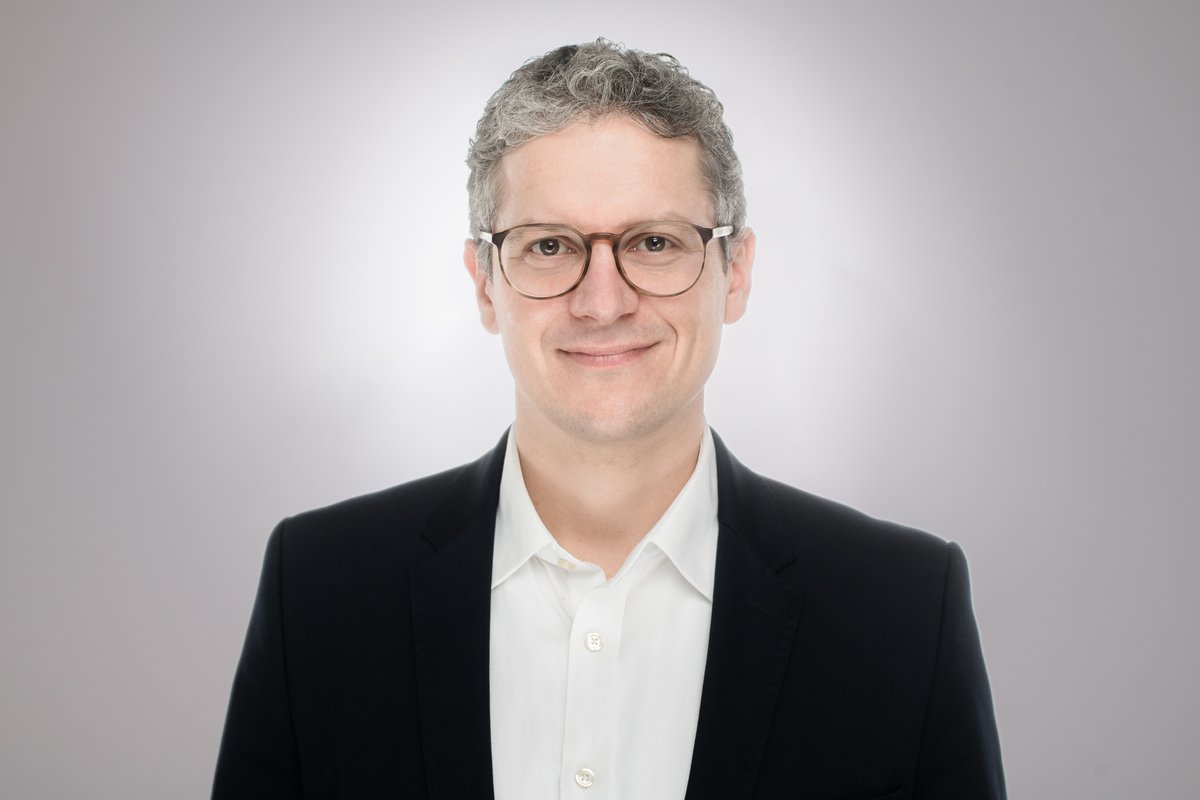BTU Cottbus-Senftenberg and Fraunhofer IEG fill joint professorship
The energy networks are changing. Instead of large, centralized power plants, many decentralized plants will supply energy to the grid in the future. In addition, electric cars, electrolysers and heat pumps are new types of consumers that will have to be coordinated locally. Reliable control of the coming energy flows requires new methodological and systemic approaches. Johannes Schiffer, who has now been appointed to a joint professorship at the Brandenburg University of Technology Cottbus-Senftenberg and Fraunhofer IEG, will provide these approaches.
"The energy transition will strengthen the role of electricity in our systems, because electricity is transformable, easy to distribute and easily renewable to produce," emphasizes Professor Johannes Schiffer, new head of the business unit "Control, Automation and Operation Management" at Fraunhofer IEG. "All the more so, in the future, all components of the power grid should provide system-serving and stabilizing services." To achieve this, he says, there needs to be more smart technology in the area and not just in the central control centers.
Johannes Schiffer researches and teaches at the BTU Cottbus-Senftenberg in the areas of "Analysis and Control of Complex Networked Systems" and "Grid Control Technology and Smart Energy Systems." At Fraunhofer IEG, Schiffer optimizes energy and load management not only for the technical and economic operation of individual plants and components. In the future, his concepts should also enable cross-sector system services and tap additional flexibility potential: for example, when plants cushion peak loads by exchanging energy between the previously separate sectors of electricity, heat, gas and mobility. In addition to traditional control engineering methods, Schiffer also wants to take up new approaches, such as machine learning, multi-agent strategies, and distributed, coordinative and predictive optimization methods. "With predictive control strategies, we want to pave the way for the widespread use of sustainable energy technologies, such as for heat pumps, geothermal plants and hydrogen electrolysers."
The joint appointment gives university research at BTU new opportunities for market access. The Fraunhofer-Gesellschaft stands for applied research and is one of the leading research organizations in Europe. "Bringing scientific findings quickly into application is an exciting challenge, especially in the context of the structural change in Lusatia, and I am happy to accept it," says Prof. Dr.-Ing. Johannes Schiffer. He now wants to combine university teaching and research with industrial research at the Fraunhofer IEG and thus implement technological ideas for the energy transition with market relevance. Experts from BTU and Fraunhofer IEG want to work together to develop concrete services and products that will help achieve Germany's climate goals and open up new business models for companies in the region. "We are shaping the energy systems of the future," Schiffer is certain.
Johannes Schiffer studied "Technical Cybernetics" at the University of Stuttgart and Lund University in Sweden. He received his doctorate in electrical engineering from the Technical University of Berlin with a thesis on stability and power sharing in microgrids and then went to the University of Leeds in England as an assistant professor (lecturer). Johannes Schiffer is currently head of the Chair of Control Systems and Network Control Technology at BTU Cottbus-Senftenberg. At Fraunhofer IEG, he is now setting up the business unit "Control, Automation and Operation Management".

